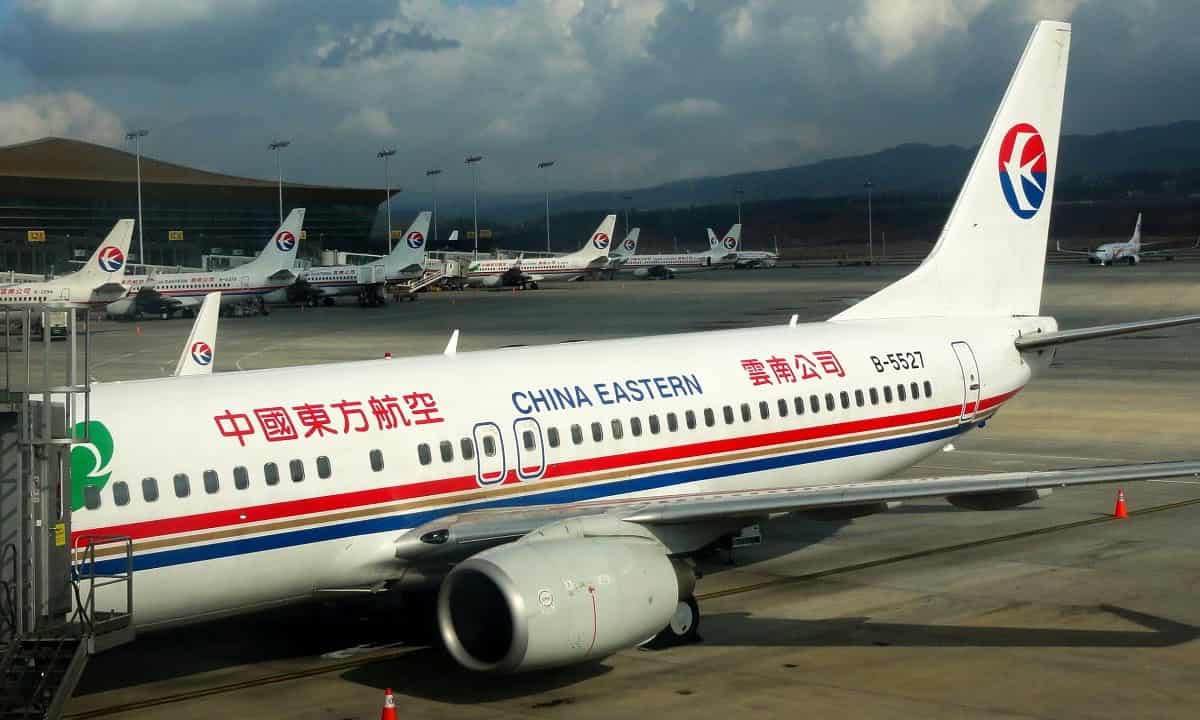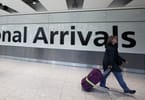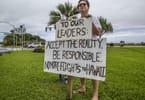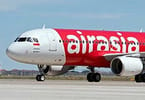Ryanair has defied the government’s move to ban surcharges on payments to airlines and other firms by saying it does not charge its passengers any credit or debit card fees.
Airlines, cinemas and holiday firms will be stopped from imposing millions of pounds in “hidden last-minute” charges on internet bookings. Treasury minister Mark Hoban said the government is prepared to legislate to prevent airlines and other businesses from imposing hefty charges on credit and debit card bookings that are difficult to detect.
However, the budget airline said in a statement: “Ryanair, the UK’s favourite airline, today confirms that it does not impose any debit or credit card fees.”
Ryanair claims instead to charge an “admin fee” per passenger per one-way flight. This £6 charge is levied when a passenger comes to pay and can only be avoided by using the airline’s own prepaid Mastercard. It states on its website that this charge “relates to costs associated with Ryanair’s booking system.”
The charge means that, for example, a group of 14 people travelling together would pay £168 extra for their flights, despite the fact that only one payment is processed for the entire group.
John Holmes, principal economist at Which?, who helped compile a report into excessive card charges which formed the basis of a supercomplaint to the Office of Fair Trading earlier this year, said the Ryanair reaction was typical of the airline and would be dismissed by the government.
“The only time the airline charges that £6 admin fee is when a passenger presents a payment method to the airline,” he said. “The principle of this government legislation is about those charges that are practically unavoidable. You cannot avoid paying for a flight so you cannot avoid the charge.”
Which? says an airline incurs costs of between 8p-20p on debit card transactions. Those rise to between 0.88% and 1.8% of the transaction for payments by credit card. It means a passenger paying the average return fare of £136.09 should pay a minimum of £1.20 and a maximum of £2.45 for a credit card booking.
In June 2011 the OFT called on the government to ban debit card surcharges, but said companies could still impose credit card transaction fees as they are more costly to process, provided they meet minimum transparency requirements.
However, the Treasury has taken this a step further and decided to ban “excessive surcharges” on credit and debit cards by most “retail sectors”. Ministers could have opened themselves up to a judicial review if they had just targeted airlines. The ban is to be imposed from the end of 2012.
The ruling will put the UK ahead of many other EU countries, all of which would have to ban the same fees from 2014 under the Consumer Rights Directive.
However, it does not stop retailers imposing other charges. Ryanair charges 15 different types of fee, including those for reserved seating, priority boarding and reissuing airport boarding cards, while ticketing agency Ticketmaster charges a service charge and order processing fee for tickets to sporting events and concerts.
Government agencies, including the DVLA, will be allowed to continue charging card fees. The DVLA has a £2.50 credit card charge for anyone renewing their tax disc.
“This ruling is trying to tackle excessive surcharges. My understanding is that the DVLA charge only covers costs,” a Treasury spokesman said.
Mark Hoban added: “We want consumers to be able to shop around. They have a right to understand the charges they may incur up front and not be hit through a hidden last-minute payment surcharge.
“We are leading the way in Europe by stopping this practice. The government remains committed to helping consumers get a good deal in these difficult times.”
Which? executive director Richard Lloyd said: “The government’s decision to ban ‘rip-off’ debit and credit card surcharges is a huge victory for consumers. Given that airline passengers alone pay more than £265,000 a day in card surcharges, businesses shouldn’t drag their feet over this. While the law will come into force at the end of 2012, we want companies to be upfront and fair over card charges today.”
Melanie Johnson, chair of The UK Cards Association, the service company for the UK payments industry, said: “This is a terrific Christmas gift for consumers. The UK Cards Association fully supported Which? and the OFT on this issue and we are delighted the Treasury has decided to bring into line those few businesses who continue excessively charging us all for using our cards.
“The charges in no way reflect the true costs of processing the transaction, are rarely up front, and could not be justified”.
WHAT TO TAKE AWAY FROM THIS ARTICLE:
- , who helped compile a report into excessive card charges which formed the basis of a supercomplaint to the Office of Fair Trading earlier this year, said the Ryanair reaction was typical of the airline and would be dismissed by the government.
- In June 2011 the OFT called on the government to ban debit card surcharges, but said companies could still impose credit card transaction fees as they are more costly to process, provided they meet minimum transparency requirements.
- Treasury minister Mark Hoban said the government is prepared to legislate to prevent airlines and other businesses from imposing hefty charges on credit and debit card bookings that are difficult to detect.






















